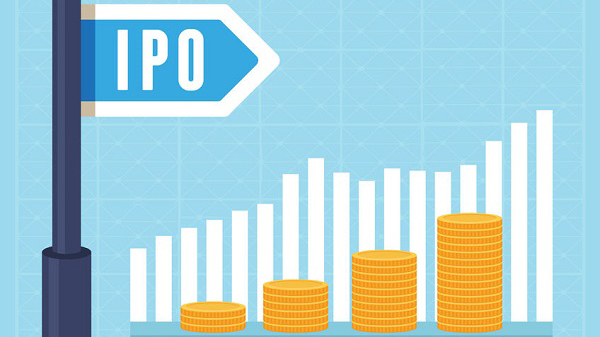Trading
When you trade stocks, you can be subject to a variety of fees and charges. Understanding more about the nature of these fees and charges as well as the basis of their calculations enables you to compare and choose the service of an intermediary (e.g. bank, brokerage) that suits your investment needs.
You should note that the calculation illustrations in this series of articles are examples only. The basis of calculation used in the examples may not represent the practices of individual intermediaries. Other calculation methodologies are not uncommon.
What should I pay in buying and selling a stock?
Apart from brokerage commission, there are other types of fees and charges when you buy and sell stocks. The fee levels may also vary by your mode of trading, e.g. trading on-line may subject you to different fees compared to calling your account executive to place orders.
Brokerage commission
Brokerage commission is usually expressed as a percentage of the transaction amount, or classified into different tiers based on the transaction size - usually the higher the transaction amount, the lower the commission rate. Normally, there is a minimum charge for brokerage commission. Therefore, the actual rate can be higher than the quoted percentage in some small trades.
Other fees
- Transaction levy payable to the SFC
- Trading fee and trading tariff payable to the SEHK
- Stamp duty payable to the HKSAR Government
- Some intermediaries also charge their clients a stock settlement fee to recover the fee imposed on them by the Central Clearing and Settlement System (CCASS) for the provision of settlement services.
If you trade stocks frequently but do not intend to hold them long-term, then brokerage commission would constitute a major part of your investment cost.




